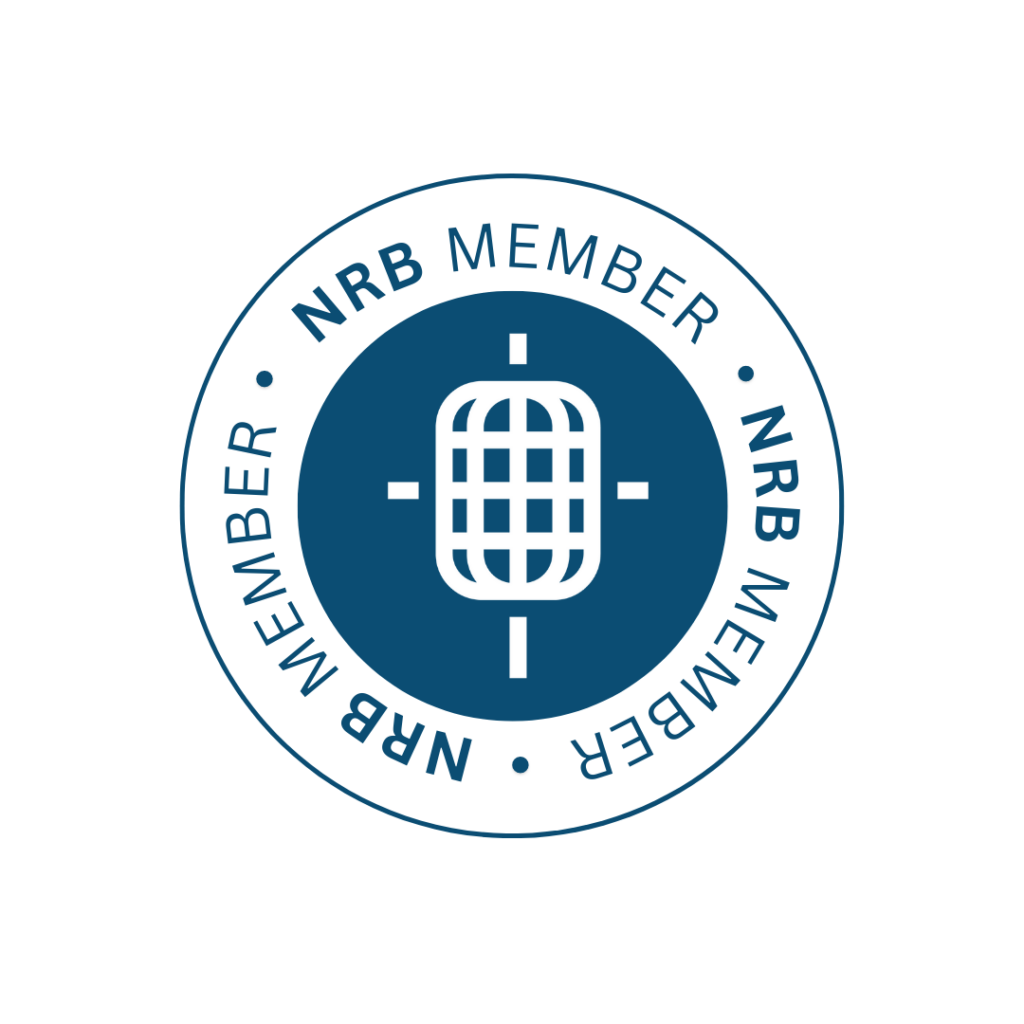June 19, 1865, 246 Years of Slavery in America Comes to an End!
Douglas Shaw
CHAIRMAN OF THE BOARD/CEO
When United States Union Army General Gordon Granger and his 2,000 troops arrived in Galveston Bay and stepped onto Texas soil in 1865, he read General Orders No. 3:
“The people of Texas are informed that, in accordance with a proclamation from the Executive of the United States, all slaves are free . . .”
Union troops read this order throughout the City of Galveston, and it was published in newspapers throughout the state. Although historians tell us, given the slow speed of transportation and communication in that day—General Robert E. Lee had surrendered at Appomattox Courthouse two months prior to Granger’s landing in Galveston, and the Emancipation Proclamation was issued on January 1, 1863—it would require much more time for the news of freedom to spread to the estimated 250,000 slaves living in the massive state of Texas.
Juneteenth (a combination of June and nineteenth)—also called “Jubilee Day,” “Freedom Day,” and “Emancipation Day” among others—is a sacred day to those who’s forebears wore the horrific yoke of slavery in this country for an estimated 246 years! As best we know, according to History.com, the first 20 African slaves were brought to Jamestown settlement in 1619 after being taken from a Portuguese slave ship. This same source cited the following:
“Though it is impossible to give accurate figures, some historians have estimated that 6 to 7 million enslaved people were imported to the New World during the 18th century alone, depriving the African continent of some of its healthiest and ablest men and women.”
By having Juneteenth declared a federal holiday in 2021, we can hope it will help us all better our understanding of the far-reaching impact of the institution of slavery in this country. May it also move us to join our voices with our fellow Americans and wish each other, Happy Juneteenth!









